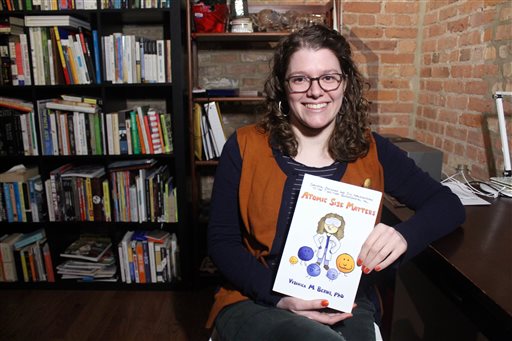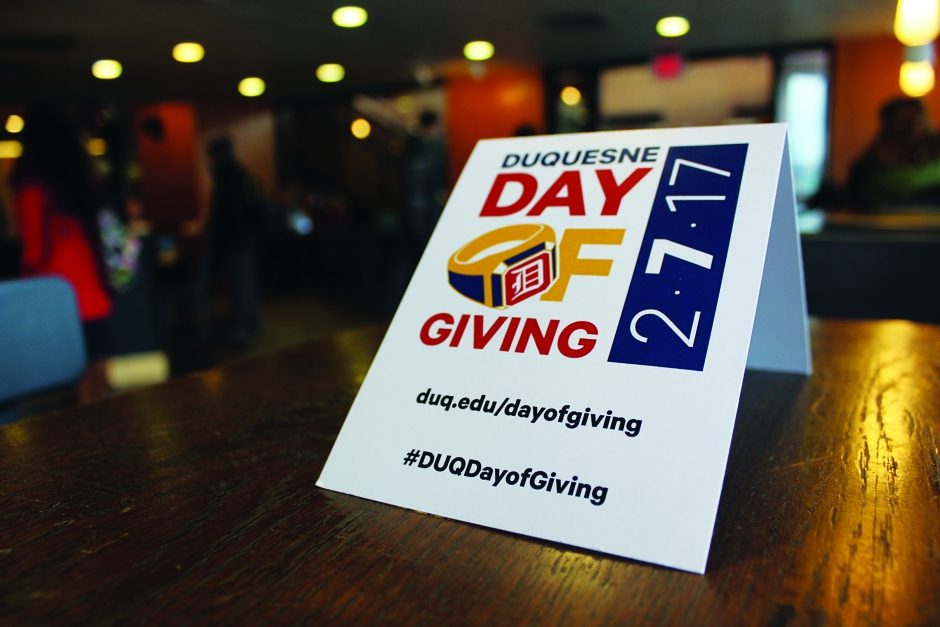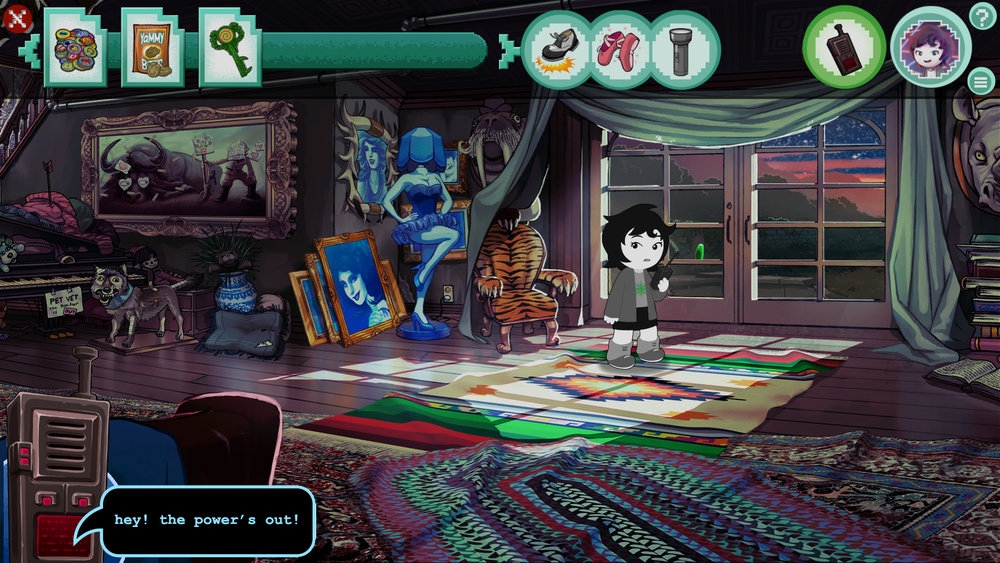
By: Sean Ray | Asst. A&E Editor
At the tail end of last year, I helped to fund a video game, titled Last Year, whose game play concept I adored and made sure it got the funding it needed to be created. How is this possible, you might ask? Kickstarter.
Kickstarter is a website launched in 2009. The site lets content creators such as entrepreneurs, film makers, musicians and in my case, video game programmers who don’t quite have deep pockets, to put their ideas online to be funded via donations from the internet-using public. Money for the donations are not taken out of the donator’s bank account unless the project has been fully funded by the end of the campaign.
Furthermore, content creators often include bonuses for the people who donate more than the minimum amount. For example, I gave $13 to the Kickstarter campaign, which netted me a copy of the game on release for no additional cost, my username being colored bronze when I play the game online, and my name will show up in the credits of the game.
Further benefits are given in the form of stretch goals. Stretch goals are extra things added to the product if the funding reaches an amount over the set limit. Let’s use a person making a video game as an example. Reach 110 percent funding? Add an extra level. Get to 120 percent? Add a new character. Stretch goals can further improve the initial product beyond what it was initially going to be.
This type of funding, known as crowd funding, is a godsend to indie developers of all walks in life. Many times we hear stories of starving artists, who claim to have a genius idea but not enough money to put it into effect. Kickstarter provides a way for that starving artist to see their vision realized. In essence, the website is like a public version of the TV show Shark Tank, where entrepreneurs can pitch their ideas to rich CEOs to get funding, only instead of five rich executives, Kickstarter lets people sell their idea to the general public. While Kickstarter isn’t the only crowdfunding website, with competition from Patreon and Indiegogo, it is widely considered the most popular one. Duquesne itself has even gotten into crowdfunding. The Spiritain Campus Ministry crowd funds for mission trips to be launched to countries such as the Dominican Republic. Said trip reached 128 percent funding of its initial goal of $2,000.

However, the assistance of indie developers isn’t the only benefit of Kickstarter. While it may start on a small scale, Kickstarter can really help change markets as well by giving a direct feedback on what consumers want. In effect, it is a highly visible way to vote with your wallet. Don’t like modern pop music? Help fund a Kickstarter for a rock and roll band. Don’t like the over saturation of first person shooters in video games? Throw some money towards a game developer who is making a puzzle game. If enough of these small independent products get funded, bigger corporations might start to take notice and move in tune with consumer trends. For example, I choose to fund Last Year because I am a fan of the 80’s slasher genre and want to see more of it. Last Year is a game built in the vein of that genre, pitting five players in the roles of high school stereotypes such as a jock, a nerd, and a popular cheerleader girl against one player controlling a murderous serial killer.
Unfortunately, there is a hidden downside to Kickstarter. Go on any internet forum discussing the site, and you are bound to run into scenarios where people were ripped off. A developer got their product funded, then kept the money for themselves. One must be careful in deciding what to fund and what not to. Make sure to look into the background of what you are funding before you toss a few dollars their way. For example, the developer of Last Year has worked on several big budget triple-A video games in the past, so I can reasonably trust he will make his product on time.
Furthermore, Kickstarter needs to start implementing legal consequences for individuals who do this. Make some form of contract that says the campaign runner must at least attempt to create the product with the money given or face a lawsuit.
But, despite its downfalls, Kickstarter is a fantastic way to help out independent creators who are trying to make something unique in this world where businesses too often play it safe. Furthermore, it can go outside the realm of just products. Restaurants or theaters can also apply for funding through the website. Check it out and see if you can discover an idea you’ve always been asking for and what to contribute to its creation. Who knows, you might end up affecting an entire industry.




